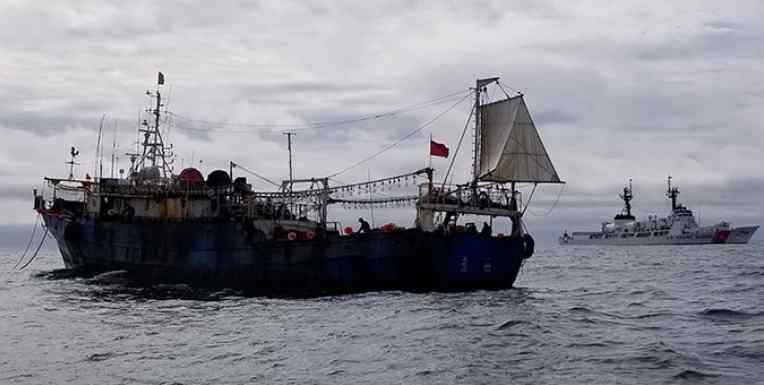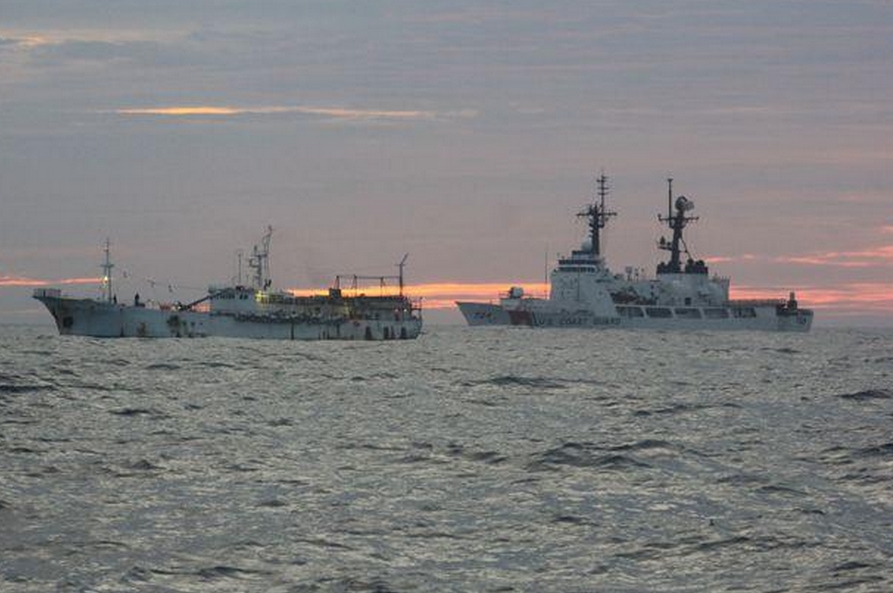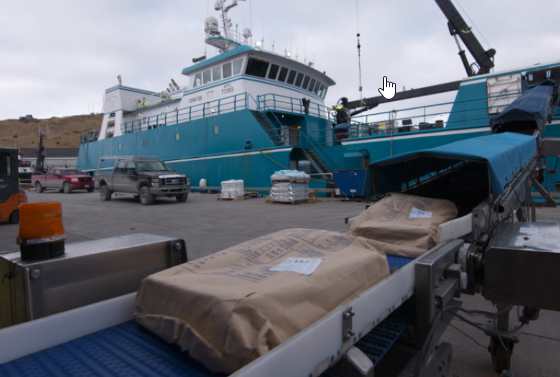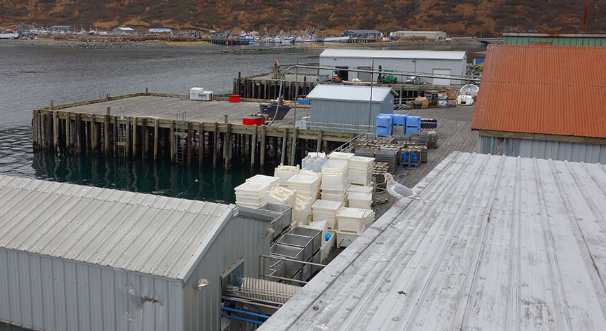This week marked the second observance of the International Day for the Fight against Illegal, Unreported and Unregulated Fishing. This day was declared by the General Assembly of the United Nations in 2017 to raise awareness about this global problem. According to the UN Food and Agriculture Organization, IUU fishing and related activities are responsible for the loss of more than 11 million tons of fish each year, amounting to an economic cost in excess of $10 billion. IUU fishing also represents a significant threat to the U.S. commercial seafood industry, as approximately 90 percent of the seafood consumed in the U.S. is imported.
Combating IUU fishing both domestically and internationally is one of NOAA’s core missions. Through partnerships and collaborative efforts, the NOAA Office of Law Enforcement helps to support this mission by:
- Conducting investigations targeting IUU fishing activities.
- Facilitating government-to-government exchanges to provide capacity, technical assistance, and training workshops that strengthen fisheries enforcement aimed at restricting IUU fishing activities.
- Enforcing domestic laws and international treaties to ensure that fisheries resources are conserved and protected.
An important component of combating IUU fishing is broad and effective implementation of an international treaty called the Port State Measures Agreement.
[content id=”79272″]
The Agreement works to prevent vessels with IUU fish and fish products from landing their catch at ports around the world. It sets minimum standards for screening foreign-flagged fishing and fishing support vessels prior to entering port, conducting dockside inspections of these vessels, training of inspectors, and reporting of inspections. This reduces the chance that IUU fish enter international markets. The Agreement also increases the international community’s ability to detect IUU fish and fish products by facilitating communication and enhancing international collaboration and exchange of fisheries law enforcement information globally. Currently, there are 60 parties to the Agreement, covering 85 countries and more than half of the world’s coastal nations.
Training Inspectors, Increasing Compliance
We have developed domestic and international Port State Measures Inspector training programs that provide technical assistance to global partners. These trainings—the first of their kind—help reduce the amount of IUU fish products being landed and exported from nations around the world. They focus on the operational implementation of the Agreement to help global partners better detect and intercept IUU fish products before they enter global commerce.
By increasing the awareness and abilities of our global law enforcement partners to combat IUU fishing, NOAA works to prevent illegal fishing and related unlawful activities at the source. These efforts help to prevent IUU fish products from entering U.S. commerce, supporting sustainable fisheries management and leveling the playing field for legitimate fishers.
Training Highlights
We piloted NOAA’s Port State Measures Inspector Training Program in Indonesia in 2016 and held a training in Jakarta in 2018. Another training planned for this year will focus on enhancing Indonesia’s ability to provide high quality port inspections and prevent, deter, and eliminate IUU fishing.
In the Philippines, we conducted a training workshop in Subic Bay. Through these trainings, fisheries inspectors and authorized law enforcement personnel gained:
- Hands-on familiarity with the requirements of the Agreement.
- Resources to verify fisheries records.
- Methods to detect IUU fishing and crimes associated with IUU fishing, evidence collection, case documentation, reporting, and information sharing.
In Latin America and the Caribbean, we held four workshops between 2018 and 2019. The participating countries—The Bahamas, Dominican Republic, Guyana, Jamaica, and Trinidad and Tobago—developed national strategy and action plans for Agreement compliance.
Source: NOAA Fisheries








